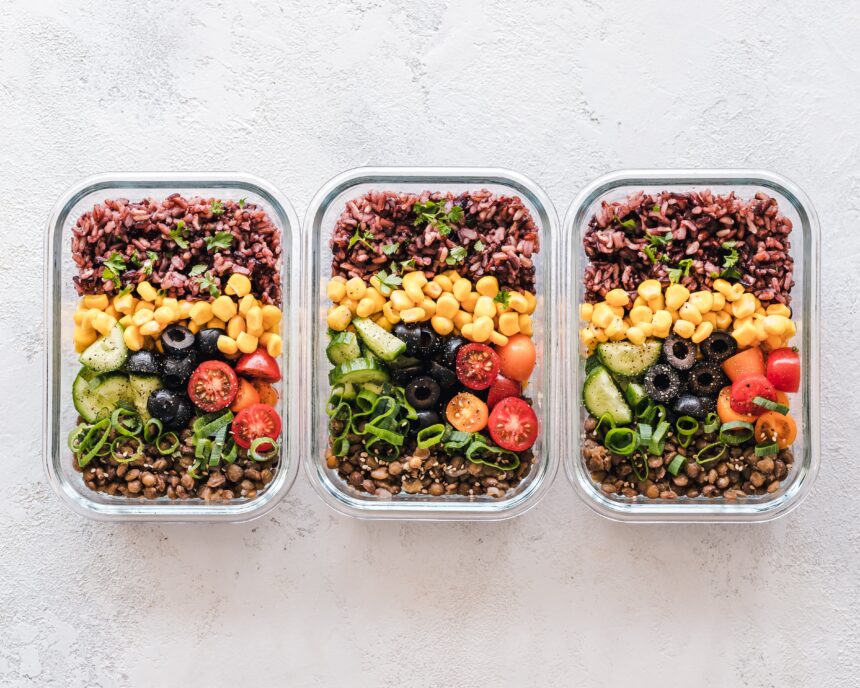Meal planning involves deciding in advance what meals you will eat over a specific period. It involves selecting recipes, creating a shopping list, and organizing cooking tasks to make meal preparation more efficient. Meal planning is important because it helps save time and money, and it also ensures you eat a balanced diet. Here are five things to consider when planning meals.
Set Goals; when creating your meal plan, set goals according to your diet, preferences, and any nutritional needs. Also consider factors like allergies, fitness, and dietary restrictions. It is important to use a weekly or monthly calendar to plan your meals, noting when you may have less time to cook a balanced diet or specific dietary requirements.
Select Recipes; when choosing your recipes, include a variety of protein, vegetables, and fruits to ensure a balanced diet. After selecting your recipes, you can go ahead to create a detailed shopping list with all the ingredients you’d need, keeping in mind how long it would last you to avoid purchase after a short while.
Cook in Batches; it is important to prepare your meal in batches if possible, this helps reduce the time spent in the kitchen during the week, and it also ensures you have different options ready. Also, prep your ingredients by washing, chopping, and storing them properly to save time when cooking.
MUST READ: 6 Health Goals to Set for 2024
Snacks; make plans for healthy snacks, they can serve as dessert, and curb hunger between meals. It is also important to minimize food waste by incorporating ingredients that can be used in multiple recipes, for instance, stir-fried vegetables can be used to make another meal or added as a side to another meal.
Backup Plan; have a backup plan that includes quick and easy meals to prepare. Also, at the end of the week, you can make an evaluation, asses what worked well and where you can improve, you can make an adjustment to your plan based on your experiences to make future meal planning more effective.
In conclusion, meal planning can save time, reduce stress, and contribute to healthier eating habits, also, tailor your meal planning to suit your lifestyle and schedule.


